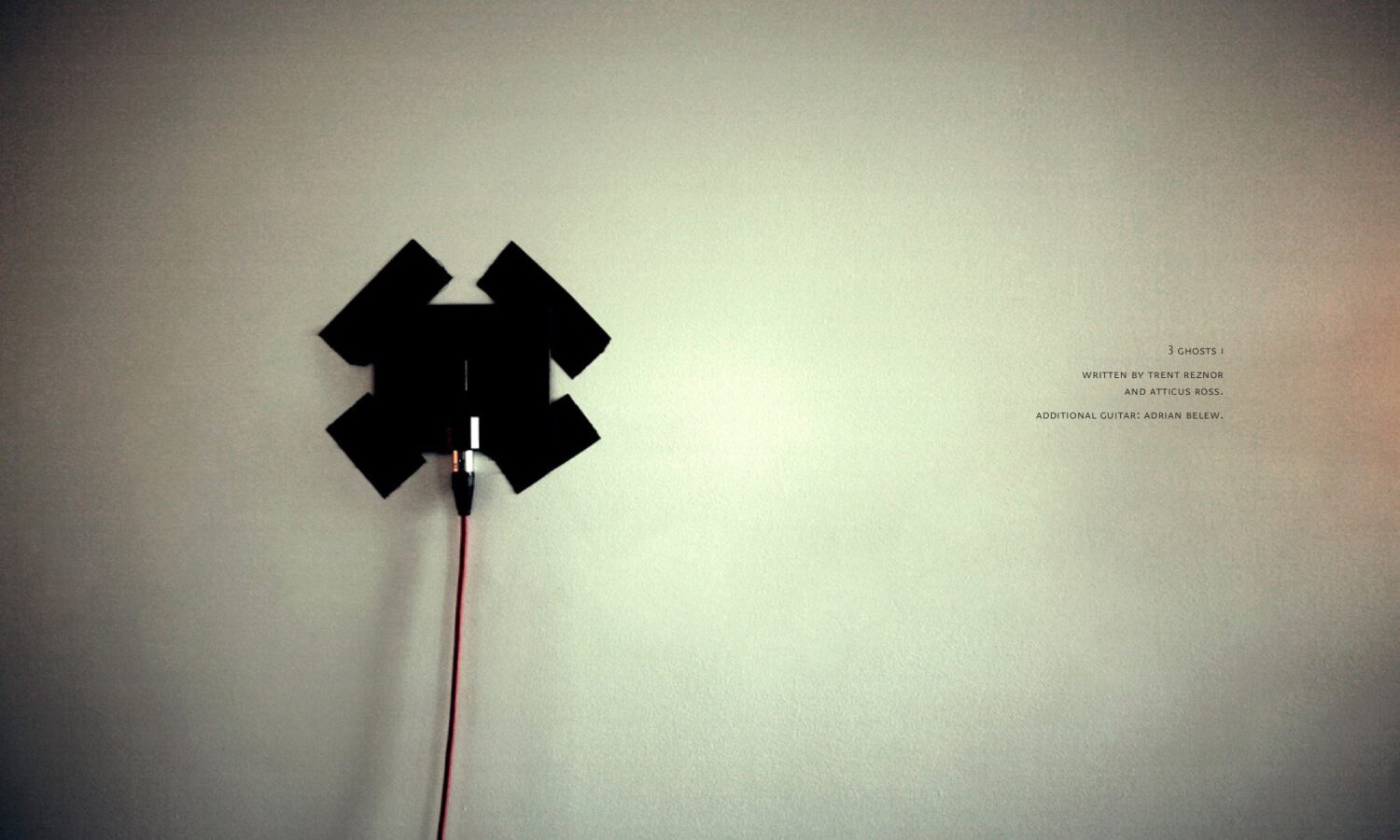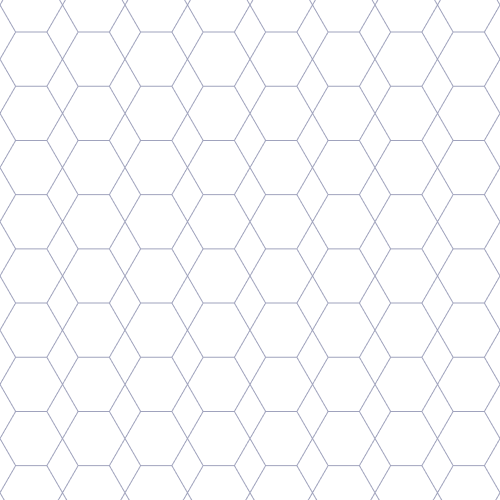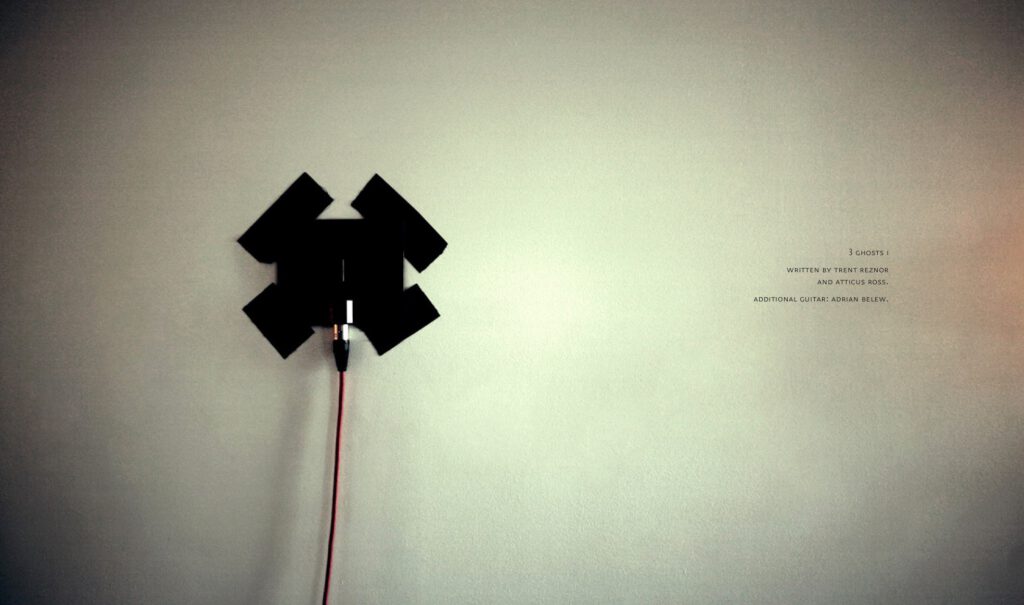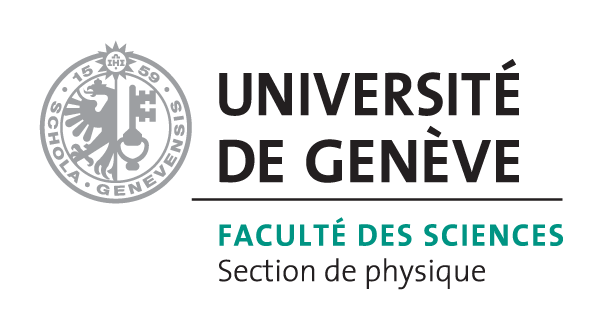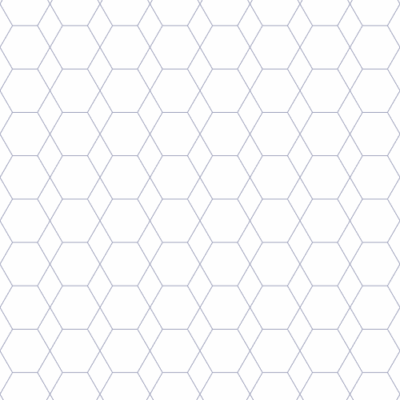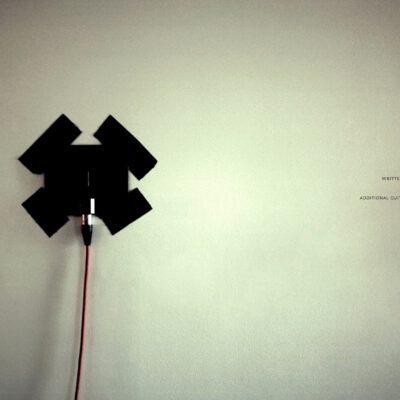Research groups
Education
The University of Geneva stands among the best universities in the world, thanks to the quality of its scientific research and educational excellence. The Department of Quantum Matter Physics offers an international and lively environment where students, teachers and researchers work in close collaboration. A wide range of specializations is proposed, with a strong emphasis on novel applications of fundamental physics.
Technology transfer
The Department of Quantum Matter Physics is very involved in transferring technologies from its laboratories to industry, as its research activities in understanding and developing quantum materials and devices have a strong potential for applications.
People
Upcoming Events
Publications
Romain Babouche, Damien Zurmuehle, T. Okada, Y. Tsuchiya, S. Awaji and Carmine Senatore
IEEE transactions on applied superconductivity 36 3, 6600206, 1-6 (2026)
In the frame of a collaboration between the University of Geneva and Tohoku University, the dependence of the critical current (Ic) on magnetic field orientation (θ), intensity (B) and temperature (T) was characterized on three commercial REBCO tapes from Faraday Factory/SuperOx, SuperPower and…
Archive ouverte UNIGEE. De Matteis, A. Ballarino, D. Barna, M. Bartok, E. Beneduce, G. Crespi, A. Echeandia, G. Kirby, T. Lecrevisse, J. Lucas, J. van Nugteren, D. Pedrini, L. Rossi, Carmine Senatore and S. Sorti
IEEE transactions on applied superconductivity 36 3, 4400405, 1-5 (2026)
Archive ouverte UNIGEAndrea Serpolla, Andrii Tykhonov, Paul Coppin, Manbing Li, Andrii Kotenko, Enzo Putti-Garcia, Hugo Valentin Boutin, Mikhail Stolpovskiy, Jennifer Maria Frieden, Chiara Perrina and Xin Wu
Nuclear instruments & methods in physics research. Section A, Accelerators, spectrometers, detectors and associated equipment 1085, 171306 (2026)
Archive ouverte UNIGE